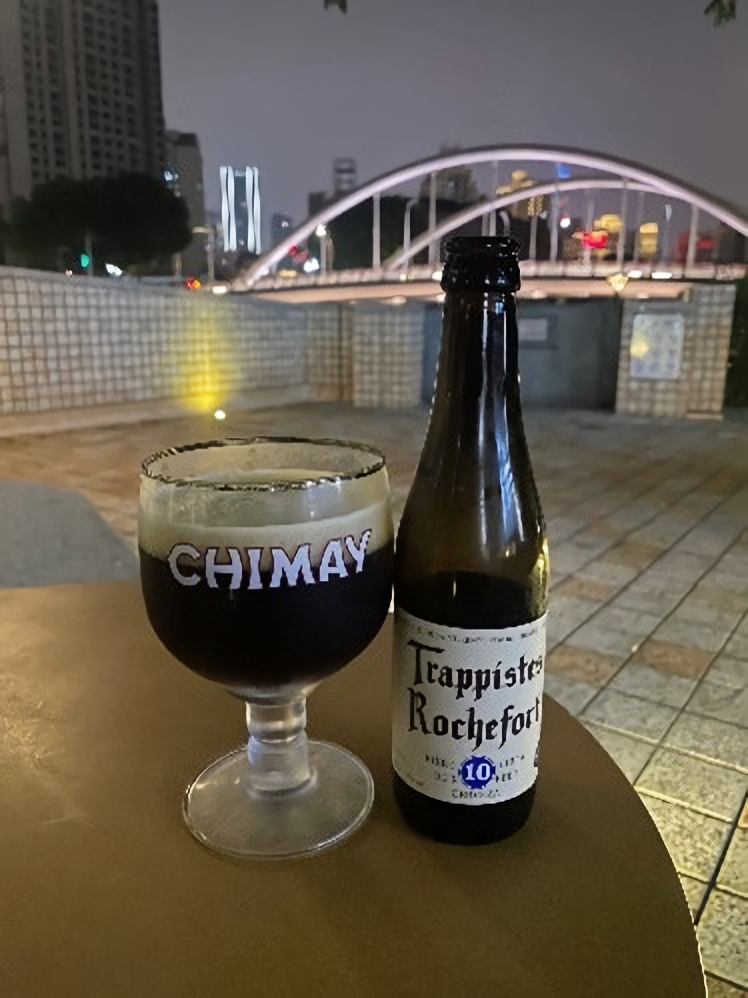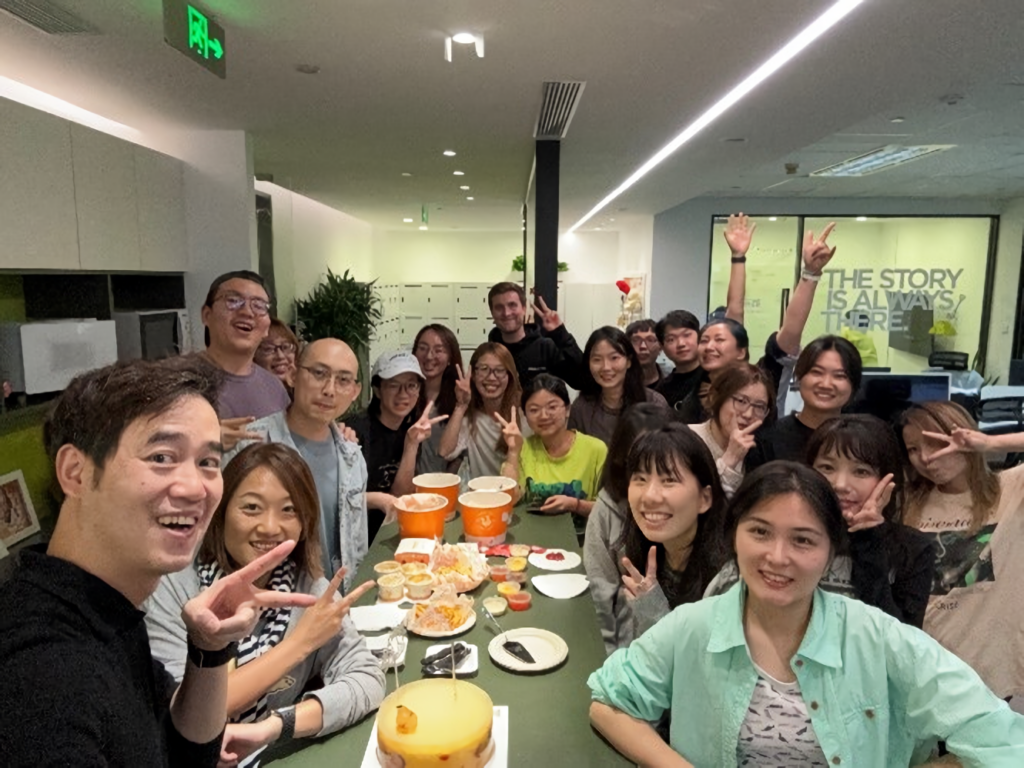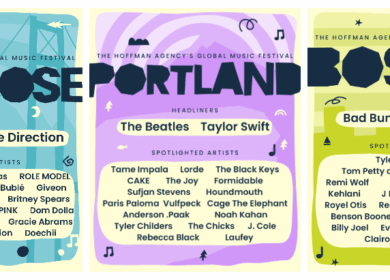Previously on #BuildingBridges2023, Mike spent time in our offices in Singapore and Taiwan. (If you didn’t catch the blog post, you can check it out here before diving into the below). The latest leg of Mike’s journey took him to Shanghai — where he got an inside view of the Chinese market for the first time.
A westerner’s perspective
I was incredibly excited about the opportunity to visit China because it’s hard to get an “inside” perspective from the U.K. — especially compared to markets like Taiwan and Singapore, which are traditionally more western-leaning. From a quick Google search (once IT had set up my VPN … the site is blocked by China’s Great Firewall), you can get a flavor of the tech stories we see in the U.K.:
- These are the four technologies the EU wants to protect, especially from China — Euronews
- Electric vehicles: yet another battleground between China and the West — Verdict
- Spies will be called in to keep Britain safe from hostile Chinese AI — The Telegraph
You’ll notice our coverage focuses a lot on competition with China. There are also concerns about working with its companies — from privacy to human rights. The media is often skeptical or protectionist in tone as a result (see the word choice above: “hostile” and “battleground” vs. “protect” and “safe”).
This isn’t to say what we read is wrong (even if it is, at times, framed in an inflammatory way — like the Telegraph piece above), but that most stories come from an outsider’s perspective. Whether it’s down to the sources they draw on or simply a case of tonality, it can differ from story to story.
Western outlets rarely pick up news directly from the Chinese media because, at the best of times, they’re heavily biased. Also, more and more global correspondents are situated outside China nowadays. For global publications that still have a physical presence on the mainland, it’s harder to operate and gather sources amidst restrictions. This was a key takeaway from the Reuters’ Shanghai bureau chief, Brenda Goh, whom I had the pleasure of grabbing lunch with while I was in town. A challenge Brenda faces every day is the caution that Chinese brands have when working with global correspondents — especially those writing for news agencies that are blocked, like Reuters.
Reuters’ trust principles are fundamental to how it builds a story, so it will never self-censor and there’s no guarantee of a favorable or noncritical article. This can worry Chinese brands, which, due to the business culture, prefer to have control over the editorial process. Our job, as PR professionals, is to educate our clients on best practices when engaging with global correspondents like Brenda.
Meeting colleagues, exchanging ideas
Now, I’m not going to say I visited our offices in China and now fully agree with the other perspective. I’m not sure that’s possible, no matter how hard you try, because we’re all guided by a set of ingrained values and biases. That said, what I found in Shanghai was a metropolitan city, with a similar buzz to London — it’s a major business hub and open to the rest of the world, so that’s natural.
Still, I was surprised to see British brands like Burberry, high-end Swiss watchmakers and Brompton bikes on the streets. Socializing with my colleagues helped me realize they’re just as into exotic coffee beans and hard-to-pronounce beers as our London team.
Clearly, Shanghai isn’t just a place where travelers come and go — they don’t mind if we leave an imprint.

The main difference I noticed came from learning about our industry and the work we do in China.
The way people go about public life — especially when it comes to the media — is unique, I think, from any other developed market. The news cycle comes from the top in that (generally) the government sets out its priorities and the media uses this to decide what’s interesting or newsworthy.
There’s a rich social and digital landscape in China, but this takes shape differently too. Where we have lots of competing social media apps to keep up with, China has WeChat — this is truly a “one app to rule them all” situation, with over 1.4 billion users. Apps or mini programs integrate with WeChat, which has everything from your payments, IM and maps to favorite influencers, in one place.
Why China is an exceptional case
WeChat is the best place for businesses (including ours) to engage with their audiences and the communities they want to reach — so naturally, it’s where the weight of our work is done.
It was in contemplating this idea of a “super app,” and reading about how it flopped in Europe, that helped me understand just how exceptional China is. Take how businesses evolve in the U.K., for instance. Generally, a startup will compete for private investment or get public funding alongside other companies. In China, there isn’t as much room for this type of competition — usually the government places a big bet on one horse, until there’s no other horses left in the race.

A benefit is longer-term planning and a consensus about the priorities set out by the government; on the other hand, there’s a risk of not being agile enough, or simply missing out on the next big idea. But what’s for sure is that our work as a global agency requires working closely with our teams in Shanghai and Beijing — especially when we’re managing multimarket accounts that include ones from China. I hope that building this bridge will improve how we collaborate and work together globally, while also understanding how to be relevant, in a way that local audiences are receptive to.

